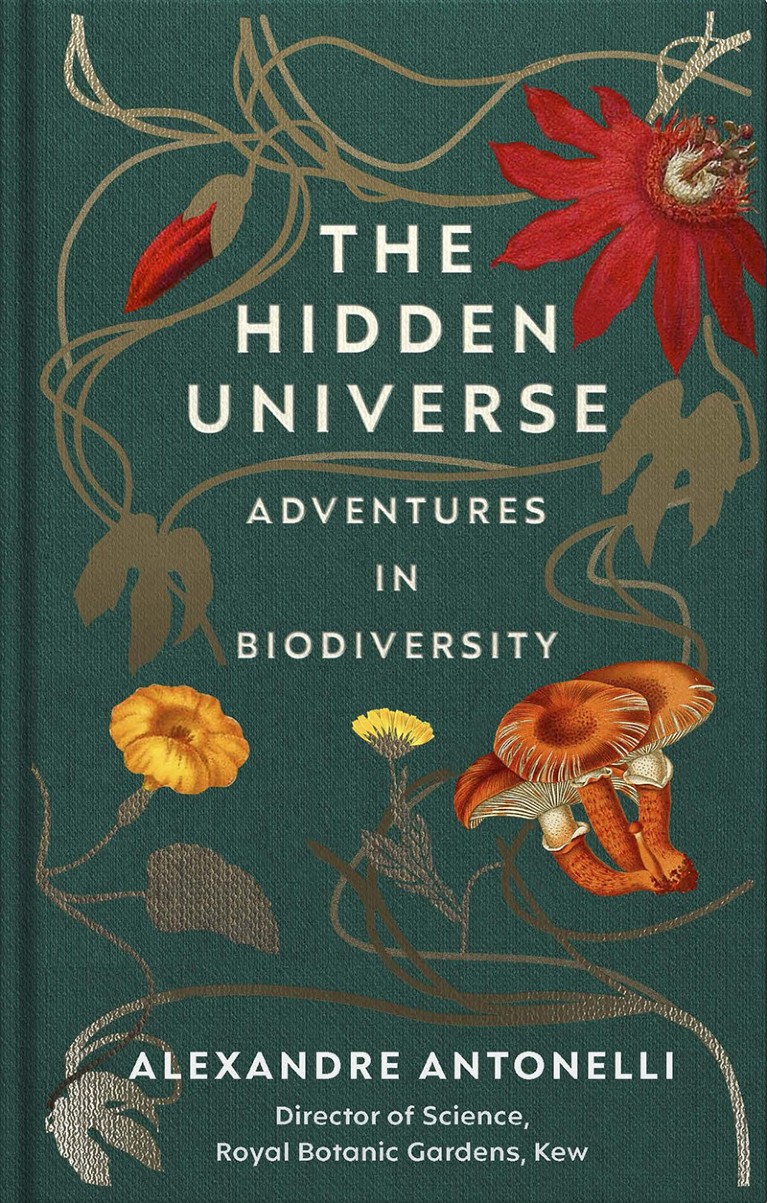
The Hidden Universe
Alexandre Antonelli Ebury (2022)
As a boy growing up in Brazil near the Atlantic rainforest, Alexandre Antonelli, director of science at the United Kingdom’s Royal Botanic Gardens, Kew, was fascinated by both astronomy and biology. But, he remarks in his engaging and urgent first book, aimed at all readers, the stars he observed then are essentially the same today, whereas the forests are all gone. Hence his preoccupation with biodiversity, a “hidden universe”: how to define it scientifically — including the number of species — and how to save it from human destruction.
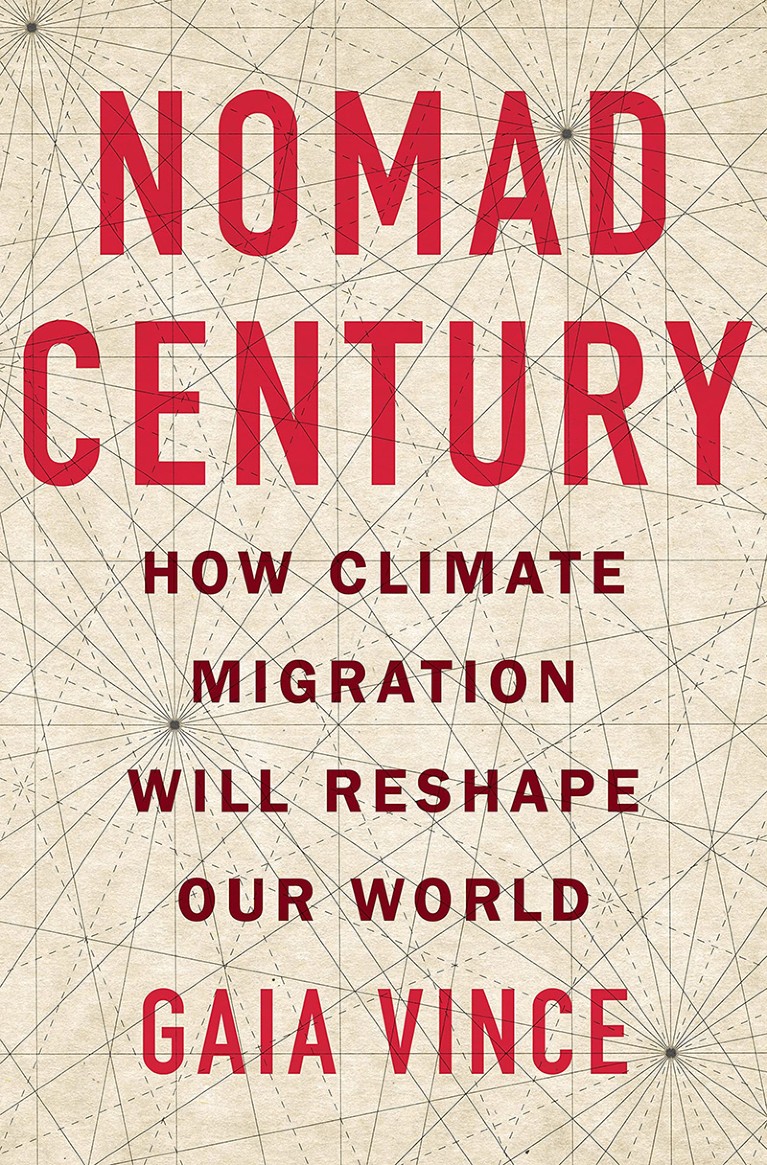
Nomad Century
Gaia Vince Flatiron (2022)
“Migration will save us” because it “made us who we are”, states science writer Gaia Vince in her powerful, provocative argument that climate change will radically reshape humanity. Travel moulded her, as the offspring of refugees and migrants. Now she analyses how parts of the planet will be made uninhabitable by the “Four Horsemen of the Anthropocene”: fire, heat, drought and flood. She even posits that compulsory long-distance migration is easier to imagine than the travel restrictions entailed by COVID-19.
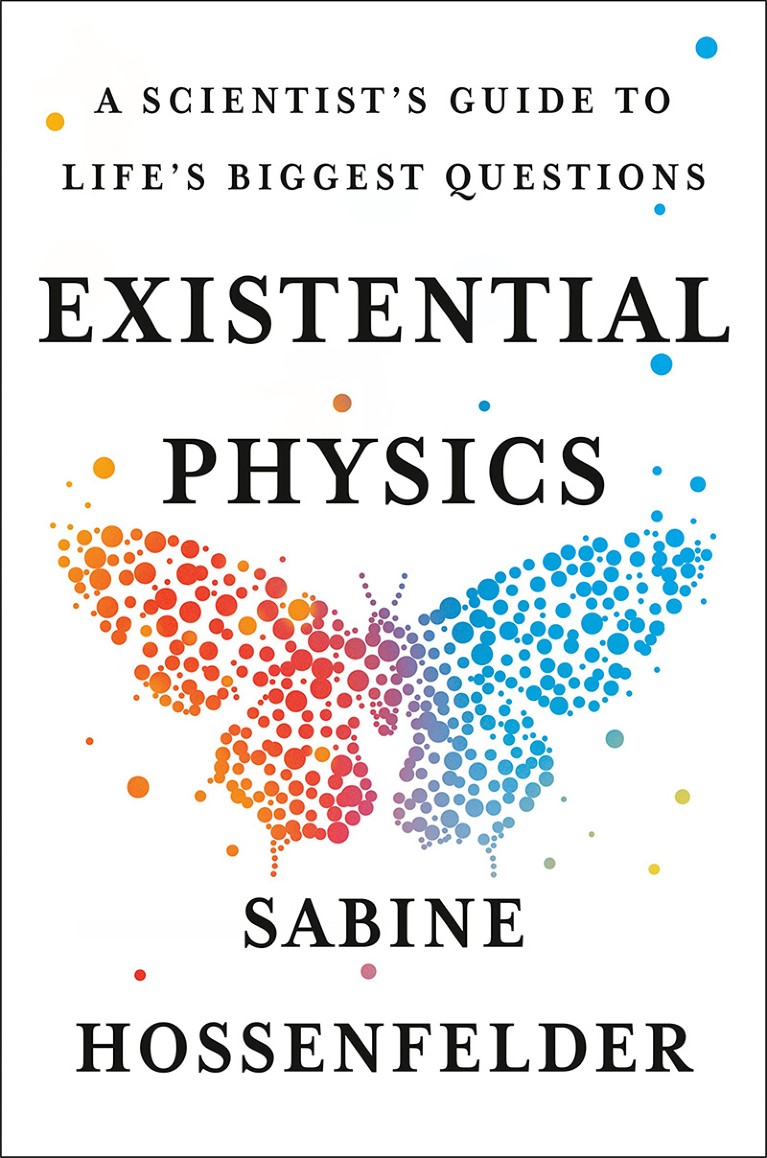
Existential Physics
Sabine Hossenfelder Viking (2022)
Theoretical physicist Sabine Hossenfelder has built a parallel career explaining physics with flair and humour to non-physicists, perhaps inspired by Albert Einstein. Her latest, enjoyable book is for “those who have not forgotten to ask the big questions and are not afraid of the answers”. Chapters consider, for example, whether the past still exists, how the Universe began, if knowledge is predictable and whether physics has ruled out free will. They are interspersed with her interviews with researchers, including Roger Penrose.
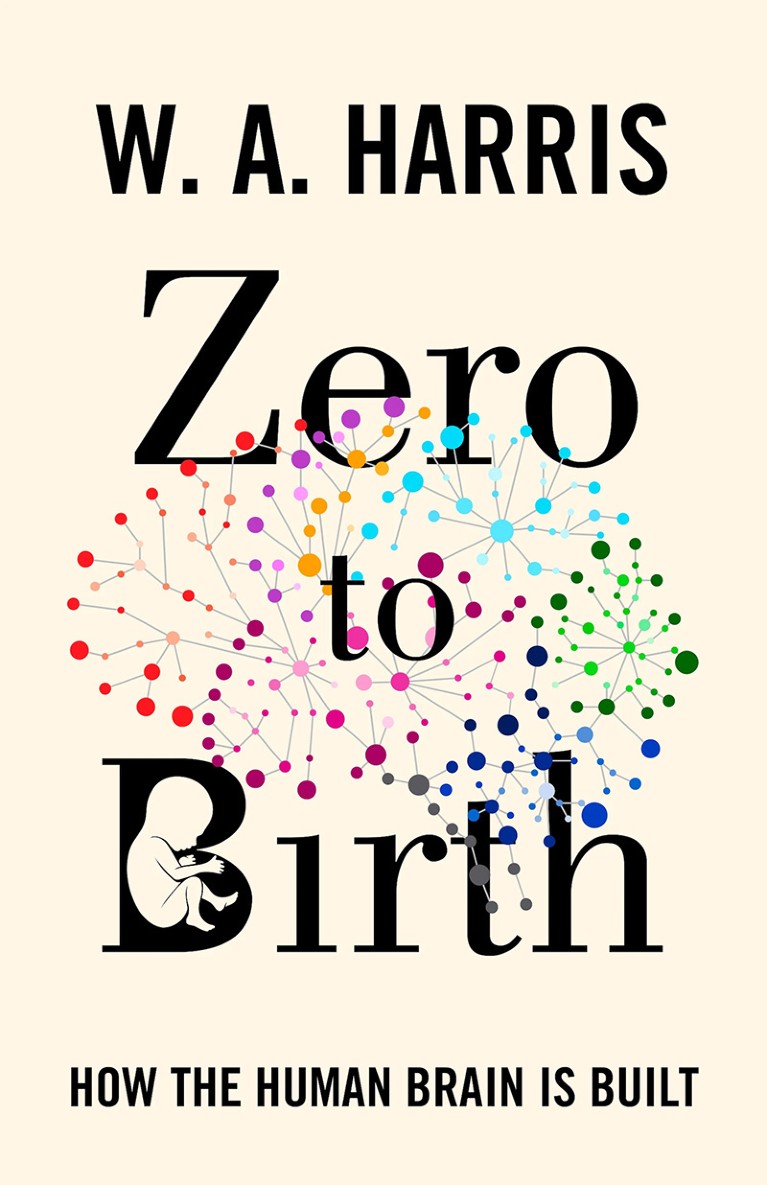
Zero to Birth
W. A. Harris Princeton Univ. Press (2022)
The human brain’s evolutionary history is written in our genome, but each mind is distinguished by its “unique and ever changing synaptic circuitry”. Thus the organ that makes us all human is also the one that makes us all different, because after birth its synapses respond to our individual experiences. So observes neuroscientist William Harris at the end of his highly illuminating chronicle of the developmental neurobiology that has revealed how the brain is built in the womb — much of which was unknown when he started research in the 1970s.
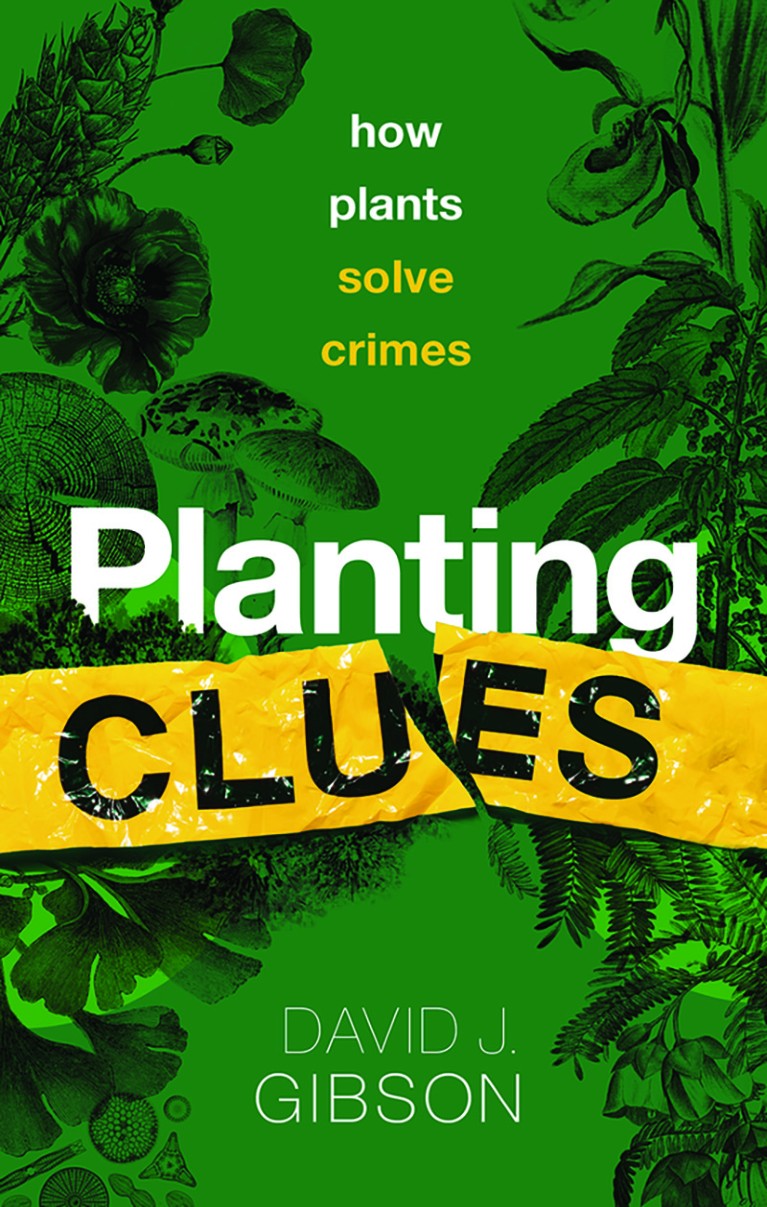
Planting Clues
David J. Gibson Oxford Univ. Press (2022)
Crime writers plant clues for readers, but plants themselves have seldom been crucial in solving real crimes. Law-enforcement officials “rarely have much botanical training”, writes plant biologist David Gibson. But there are times when botany has proved pivotal. The wood of a ladder used in the 1932 kidnapping of baby Charles Lindbergh Jr was key to convicting the culprit. Other clues have come from diatoms, fungi, orchids, pollen and plant-derived poisons, as expertly presented in this intriguing book.
Competing Interests
Table of Contents
The author declares no competing interests.
